To level up in Dying Light 2 Stay Human, you need to earn two different types of XP: Combat XP and Parkour XP. Combat XP earns you Combat Points, which you can spend on Combat Skills. Parkour XP earns you Parkour Points, which you can spend on Parkour Skills. Unlocking Combat Skills may also require that you have a certain amount of maximum Health, and Parkour Skills may also require that you have a certain amount of maximum Stamina. Upgrade your Health and Stamina using Inhibitors. Whether you choose to upgrade Health or Stamina on each occasion, you always improve your immunity.
Related: All difficulty settings in Dying Light 2 Stay Human
The best ways to earn XP fast are (in order of priority) as follows:
Complete quests

All quests earn you a lot of XP. The ratio between Combat XP and Parkour XP is fixed, and depends on how much of each skill type you’ll need to employ to complete the quest. So quests that require a long climb will reward high Parkour XP, while quests that require clearing out an area of Infected or bandits will reward high Combat XP. It’s well worth doing side quests because most of them are short and reward good XP. Side quests are often found and settlements, and you can unlock more settlements by activating windmills.
Activate facilities, windmills, radio towers, and Metro stations

Activating Water Towers, Electrical Stations, windmills, radio towers, and Metro stations gives you high XP rewards, as well as other benefits. Metro stations earn you Combat XP, while Water Towers, Electrical Stations, radio towers, and windmills all earn you Parkour XP.
Be active at night

Just like the first Dying Light, Dying Light 2 Stay Human awards bonus XP for activities completed at night, which is when it’s generally more dangerous. This bonus doesn’t apply to quests or challenges, or to activating locations, only to the XP you earn simply by fighting and doing Parkour.
Complete challenges

Parkour Challenges, marked by a foot icon, and Combat Challenges, marked by a fist icon, reward high amounts of XP, but this isn’t necessarily a way to level up fast. The problem is that they’re called “Challenges” for a reason. The Parkour challenges, in particular, will take a lot of retries before you can complete them, and that requires time and patience.
Fight a lot

Fighting, particularly at night, rewards you with small amounts of Combat XP. You won’t level up fast by focusing on fighting at the expense of quests, challenges, and activating locations. But it’s worth remembering that, whenever a confrontation occurs, fighting earns more XP than running away, particularly if you want to level up your Combat skills.
Use parkour whenever you’re moving

Despite what we said above, running away can earn you some XP, but only if you use your Parkour skills while you’re at it. Again, we don’t advise focusing on Parkour as a way to level up fast, but if you avoid both fast travel and walking at street level, the Parkour XP you earn by traversing the rooftops will really add up.

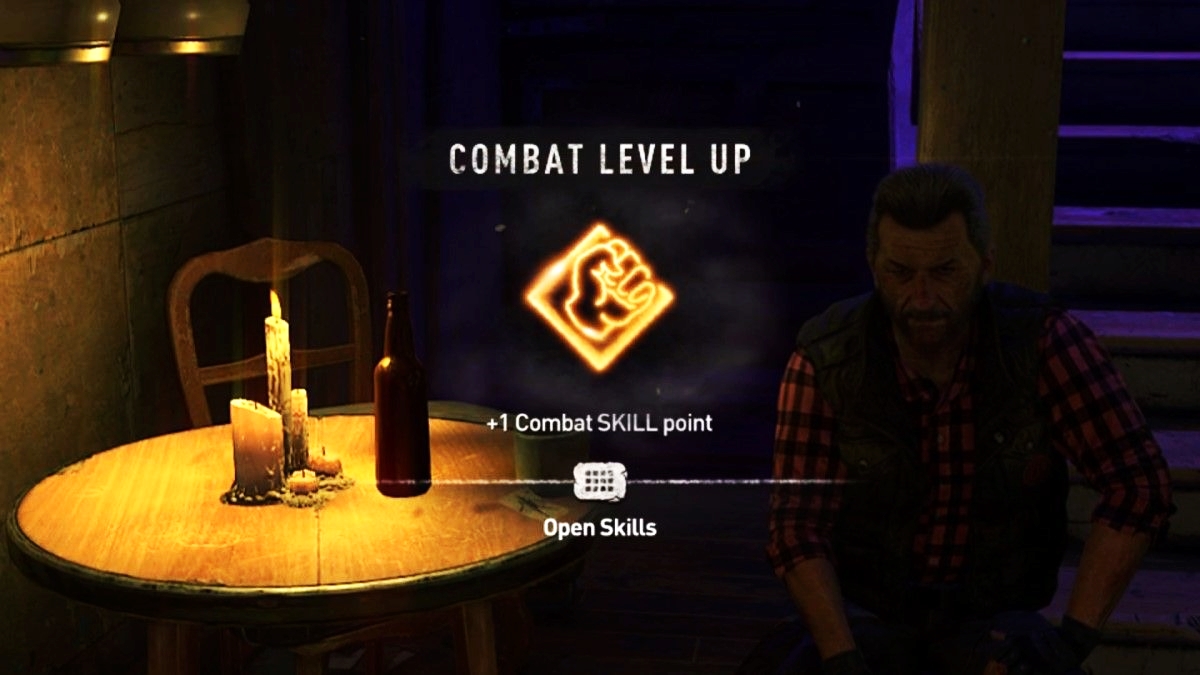
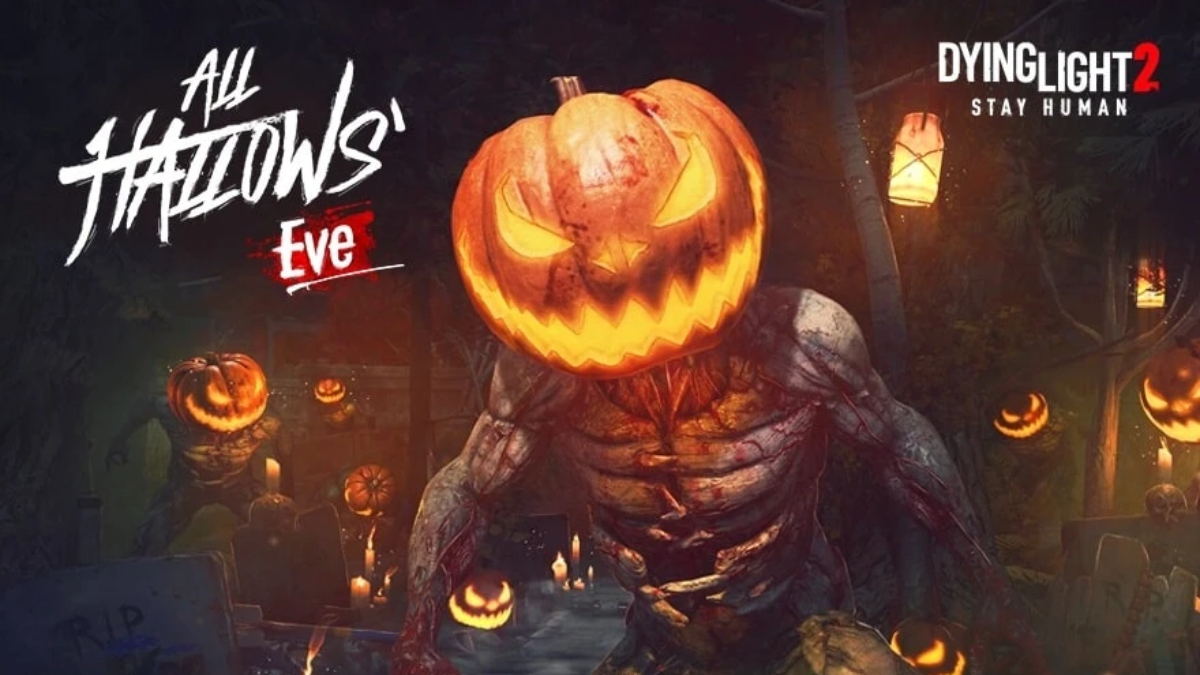
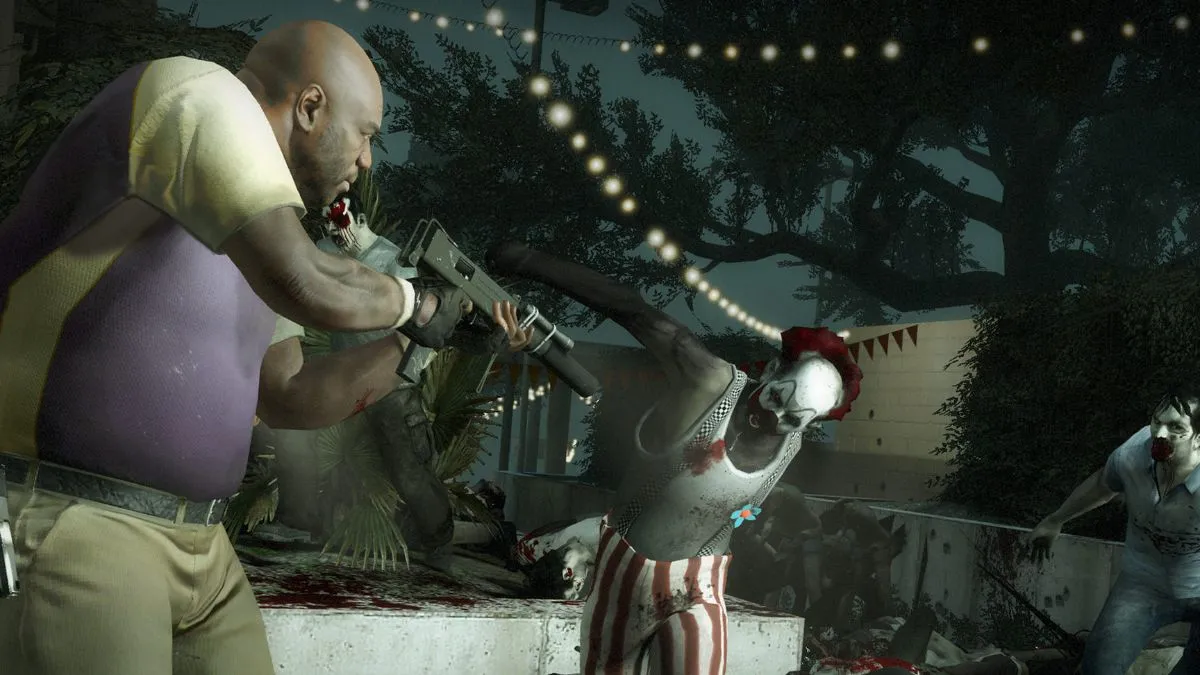

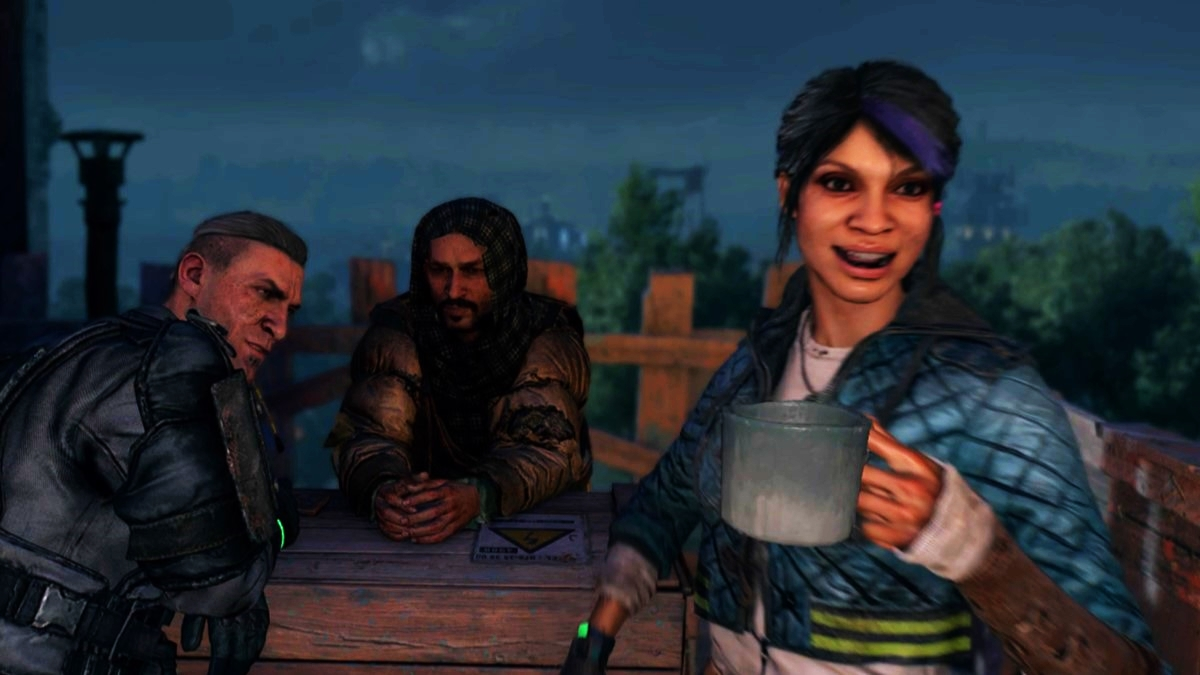
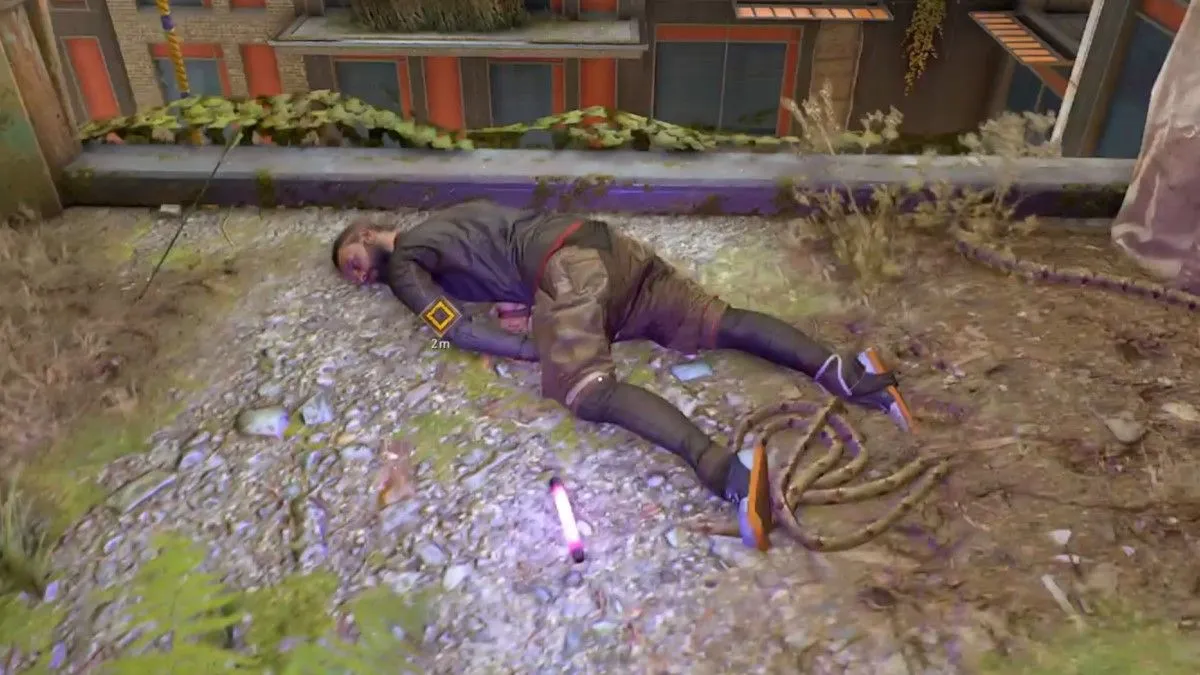
Published: Feb 16, 2022 05:53 am